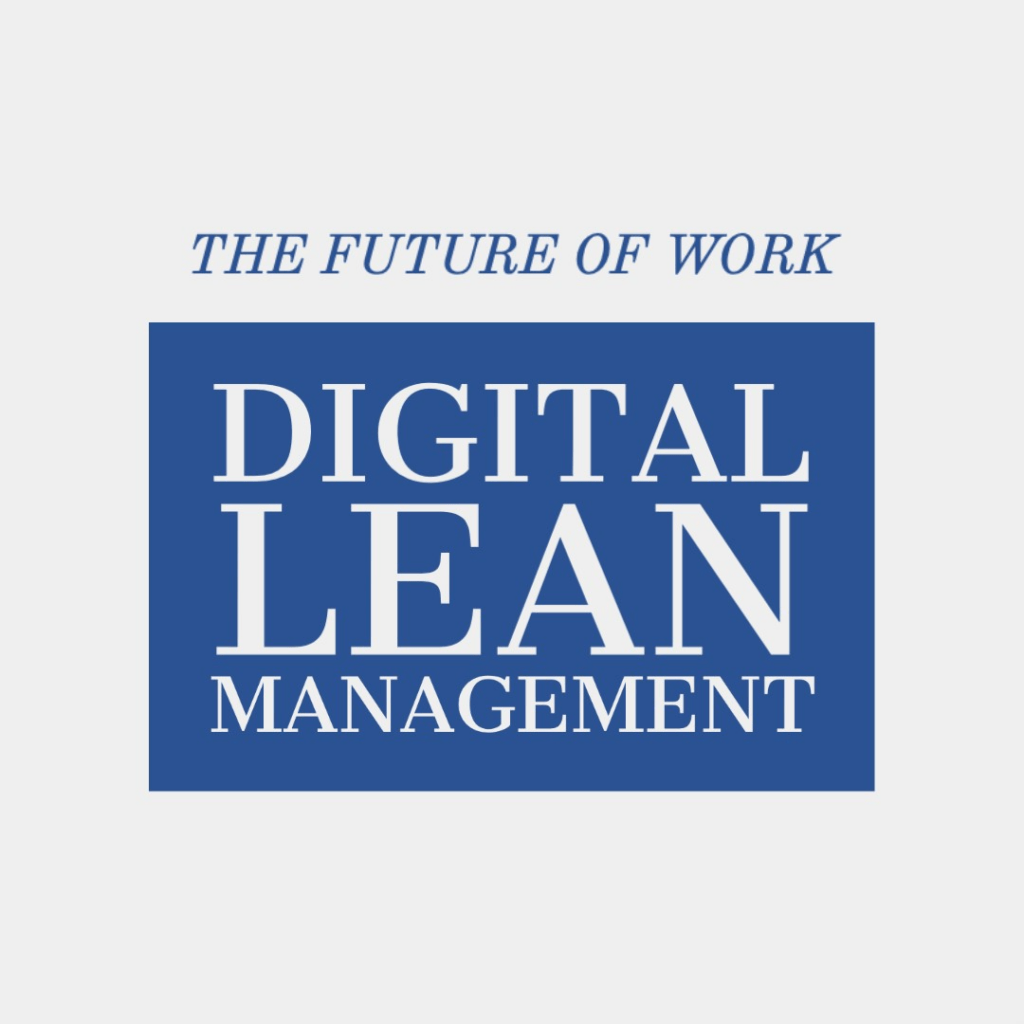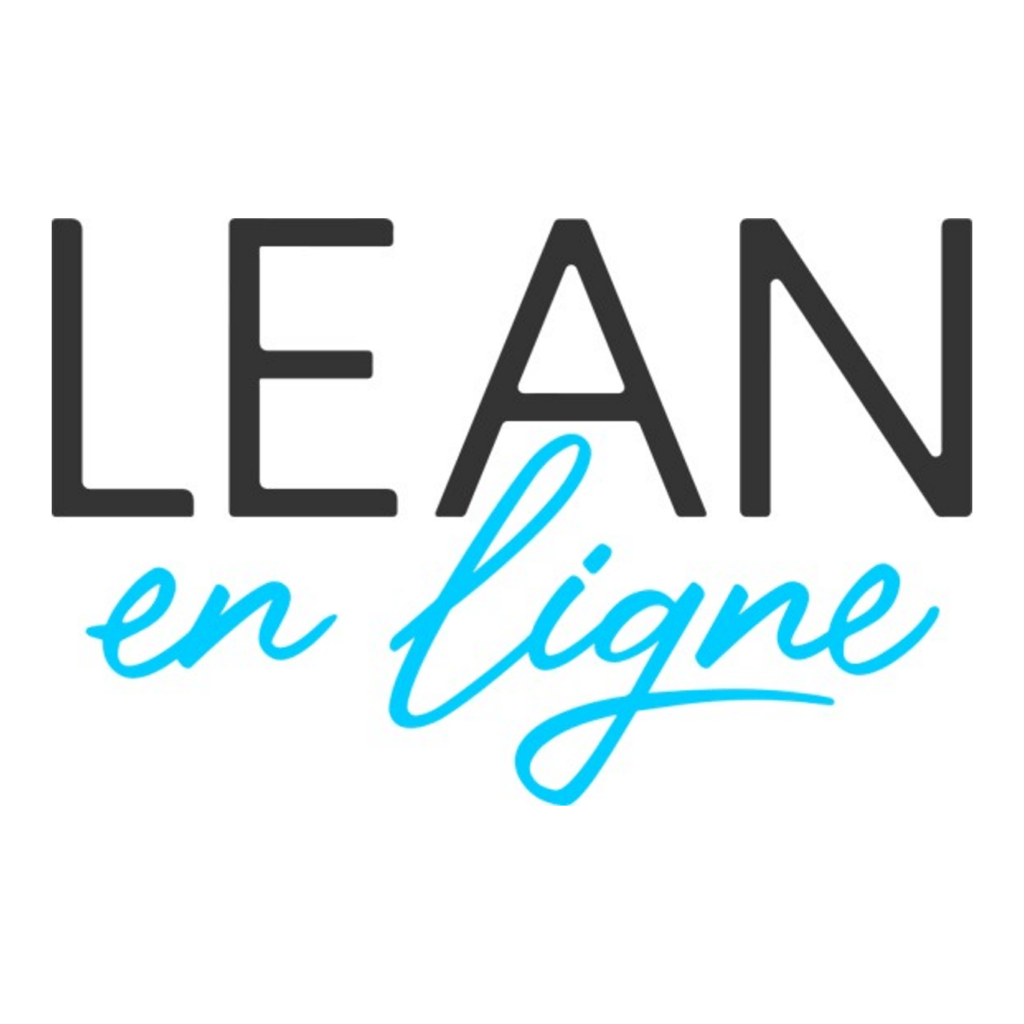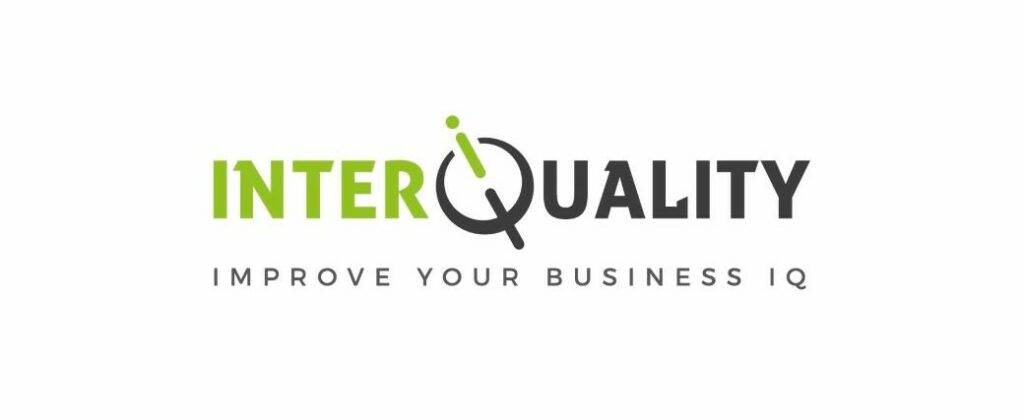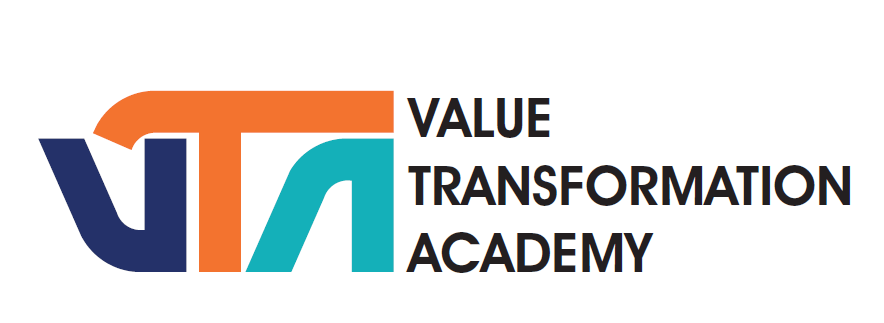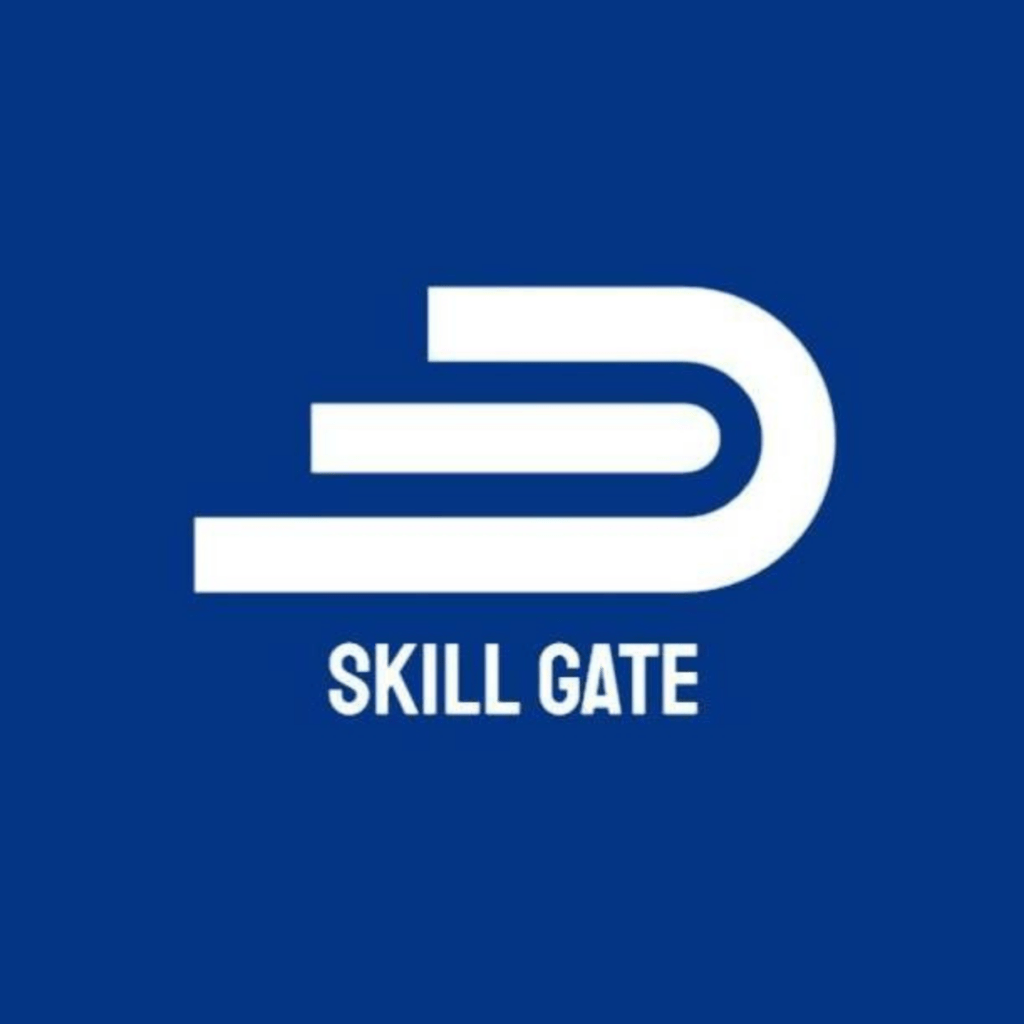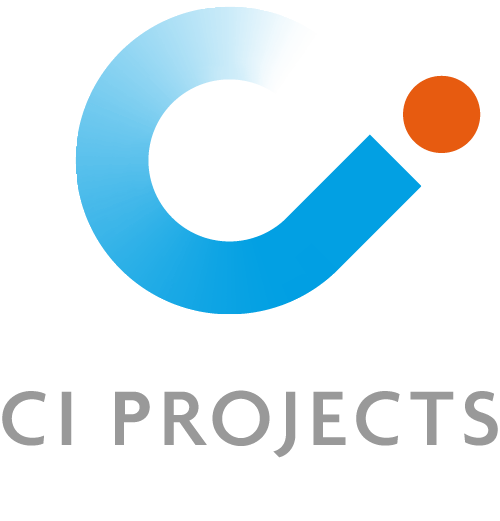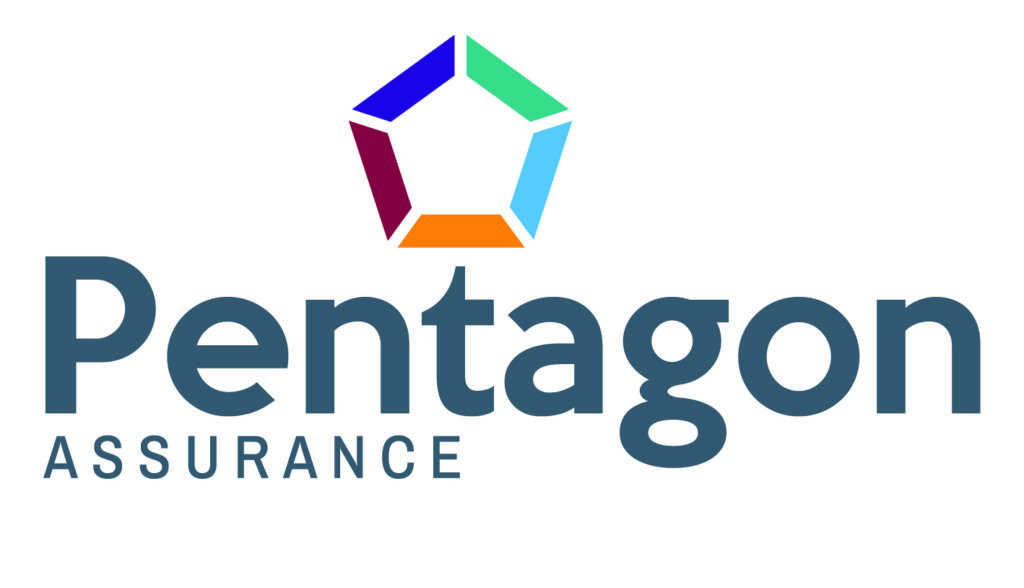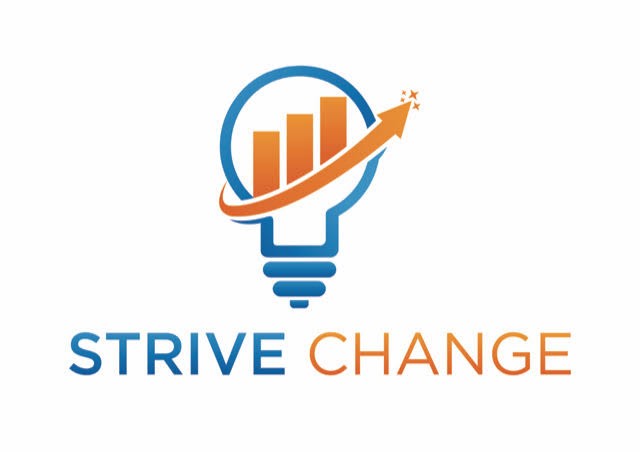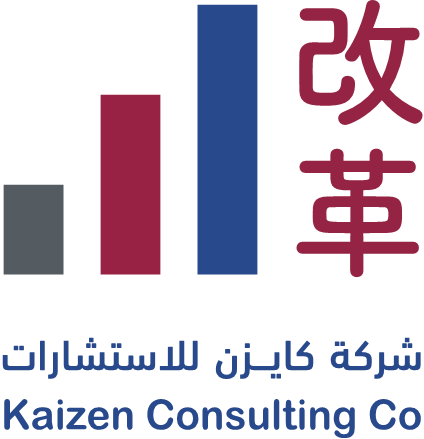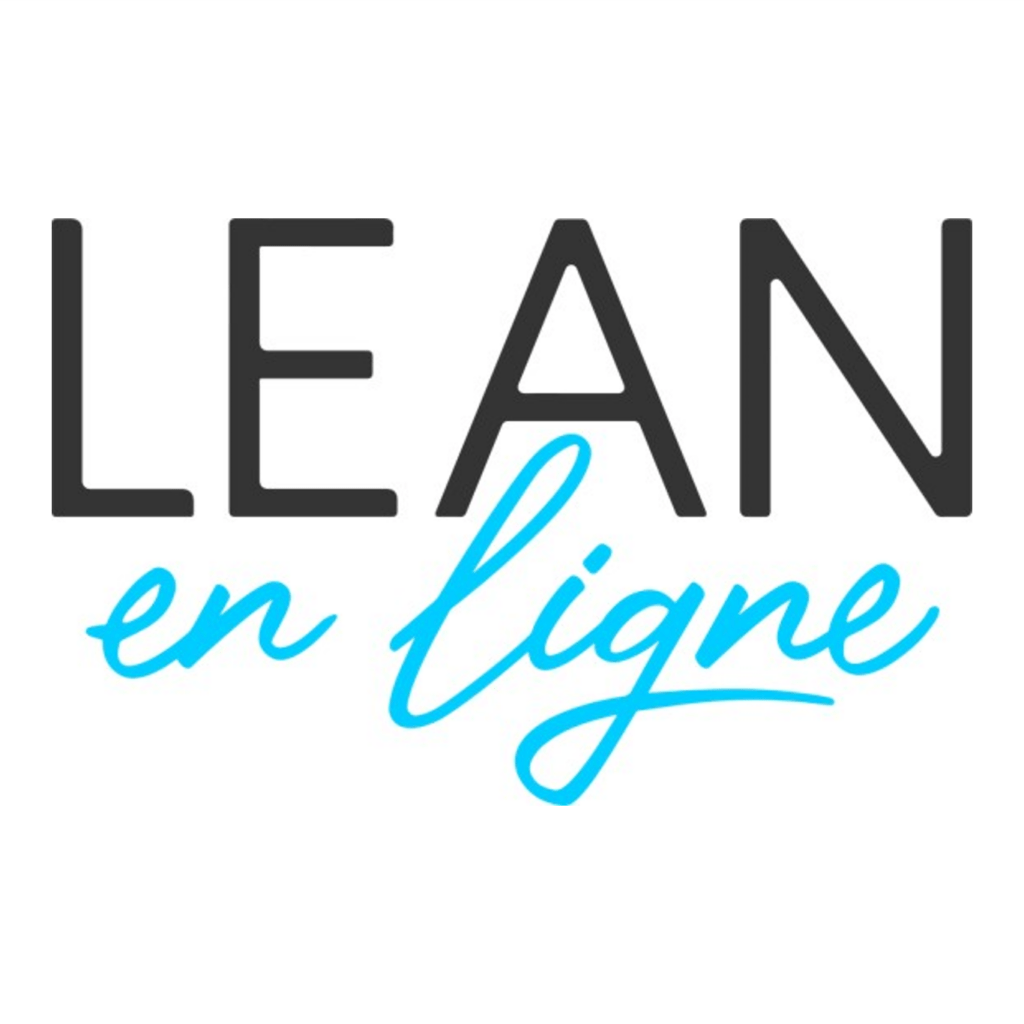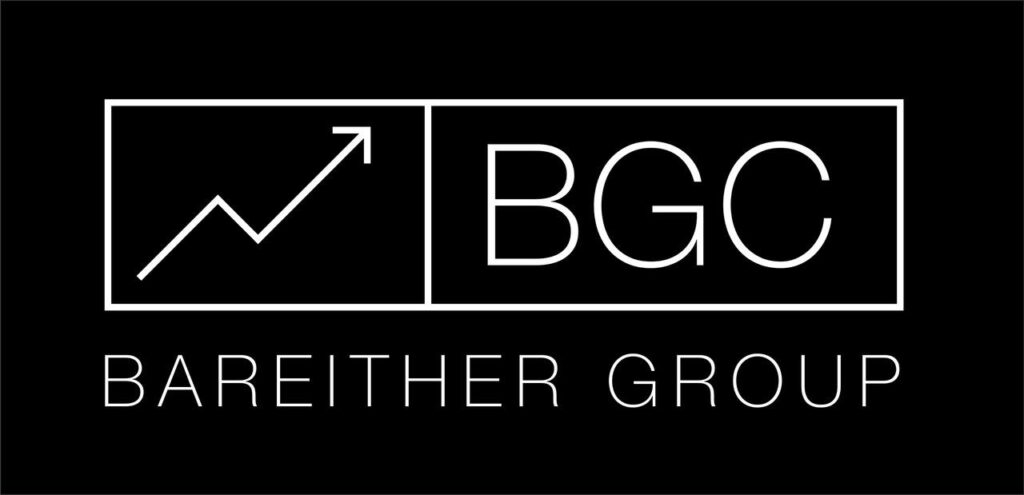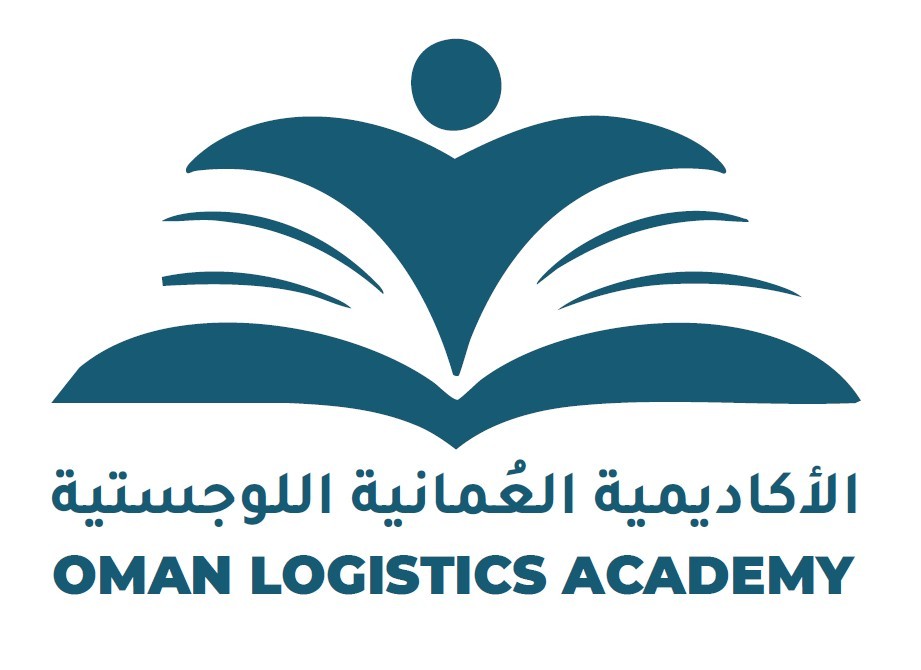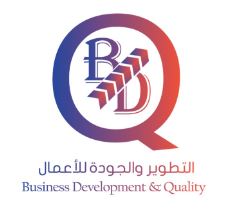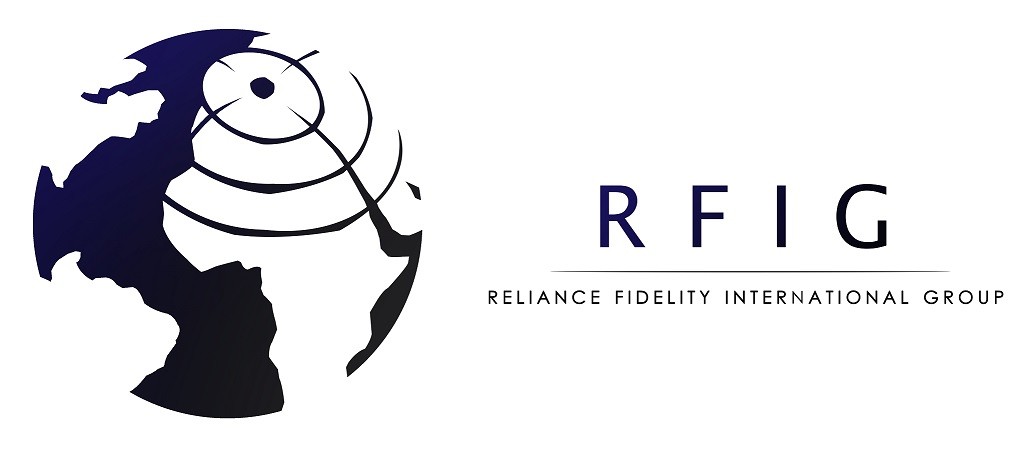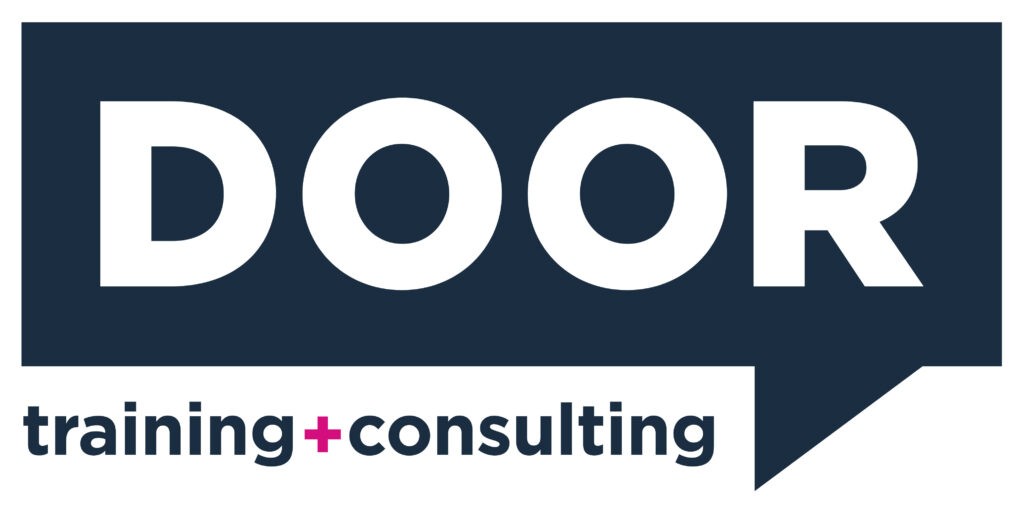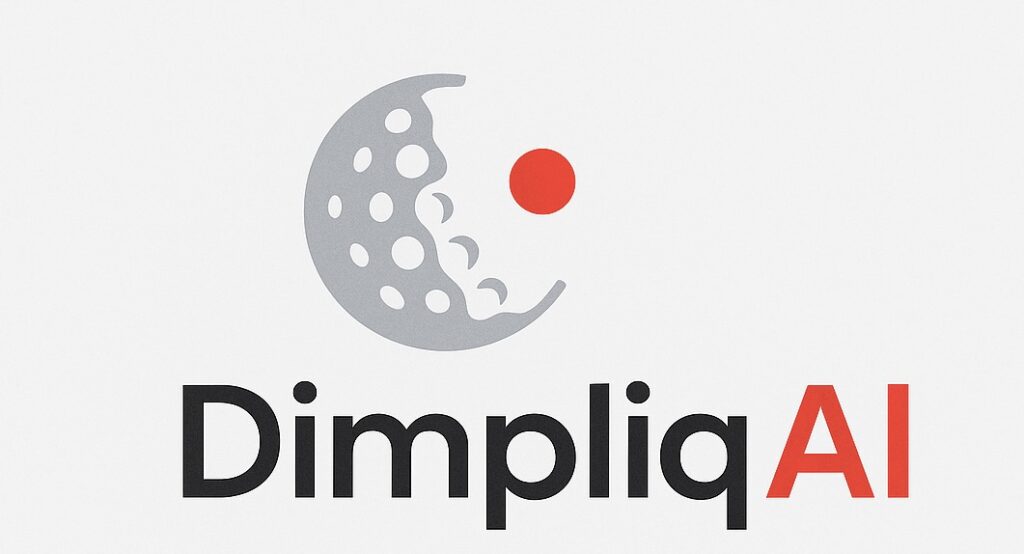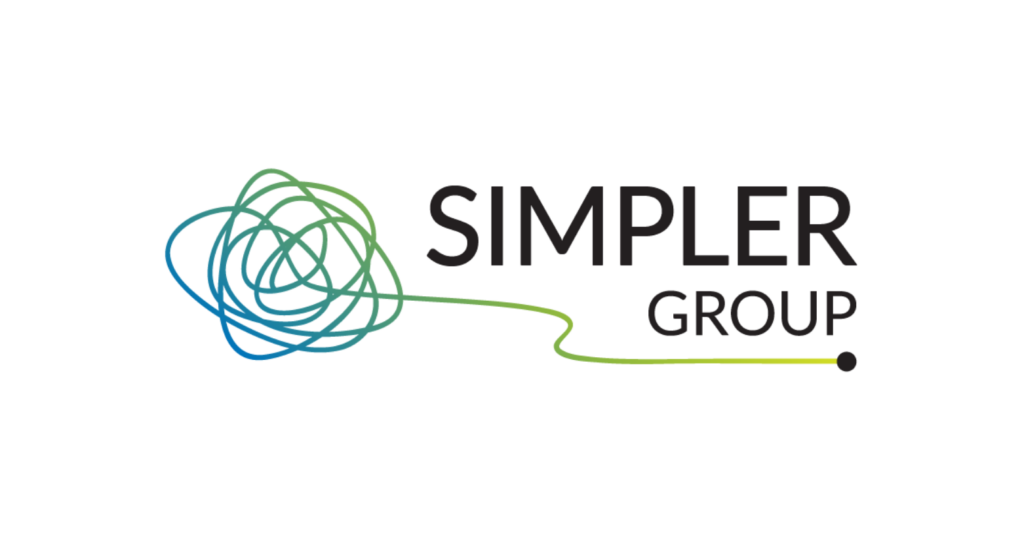The Rise of Lean Six Sigma in Pakistan
Introduction
Lean Six Sigma has been gaining popularity in Pakistan, as more and more organisations seek to enhance their performance and competitiveness in the global market.
Role of the International Lean Six Sigma Institute (ILSSI) in Pakistan
Of course, one of the leading institutions that promotes and supports Lean Six Sigma in Pakistan is the International Lean Six Sigma Institute (ILSSI). ILSSI is a professional body that offers certification, training, consultancy, and research in Lean Six Sigma.
ILSSI has a network of regional leaders who represent and coordinate its activities in different countries and regions.
Key Figures in Pakistan’s Lean Six Sigma Movement
In Pakistan, ILSSI has two regional leaders who have been doing great work in spreading the awareness and benefits of Lean Six Sigma; Saad Shoaib, the Director of Marketing at Box Brain Pakistan, one of the Pakistan leading management consulting firms and Lean, Six Sigma and Lean-Blockchain advocacy. Saad Shoaib is also a certified Lean Six Sigma Black Belt, Chartered Quality Professional, Certified Supply Chain Manager, and Certified Project Manager. He has the privilege of representing Pakistan and Asia as a regional leader at ILSSI, becoming the first Pakistani to achieve this prestigious position on the UK academia stage. He has been actively involved in organising and delivering Lean Six Sigma workshops, seminars, and webinars in Pakistan and abroad, as well as mentoring and coaching Lean Six Sigma practitioners and aspirants.
Also, we have Babar Bilal Bhatti, as a regional leader at ILSSI, representing and coordinating its activities in Pakistan. Babar Bilal Bhatti is the Chairman at BGMC Group – Bilal Consultancy Limited, a company that offers management consulting and edtech solutions.
Babar Bilal Bhatti is also an industrial engineer, an MBA graduate, a certified Lean Six Sigma Master Black Belt, and a certified business consultant. He is a fervent advocate for Lean Six Sigma methodologies and has been delivering business excellence impact across 35+ countries. He is also as a regional leader at ILSSI, representing and coordinating its activities in Pakistan and other countries.
These two regional leaders have been instrumental in advancing the growth of Lean Six Sigma in Pakistan, and have contributed to the development of a culture of continuous improvement and innovation in the country. They have also established a strong connection between ILSSI and the Pakistani Lean Six Sigma community, facilitating the exchange of knowledge, best practises, and opportunities. They are an inspiration and a role model for many Lean Six Sigma enthusiasts and professionals in Pakistan and beyond.
Lean Six Sigma in Pakistan’s Textile Industry
According to some sources, the textile industry in Pakistan is one of the largest and most important sectors of the economy, accounting for about 8.5% of the GDP and employing about 40% of the industrial workforce. The textile industry in Pakistan faces many challenges, such as high energy costs, low productivity, poor quality, environmental issues, and global competition. Therefore, many textile companies in Pakistan have adopted Lean Six Sigma to enhance their performance and competitiveness.
For example, a case study of a medium-sized global textile company based in Pakistan showed that Lean Six Sigma helped them to reduce changeover time, metal contamination, and rejections in shipments, resulting in significant economic benefits.
Lean Six Sigma is not only a technical tool, but also a cultural change that requires strong leadership, strategic partnerships, employee involvement, and customer focus. Here to an improved productivity, sustainability, quality and efficiency in several in several other industry in Pakistan.
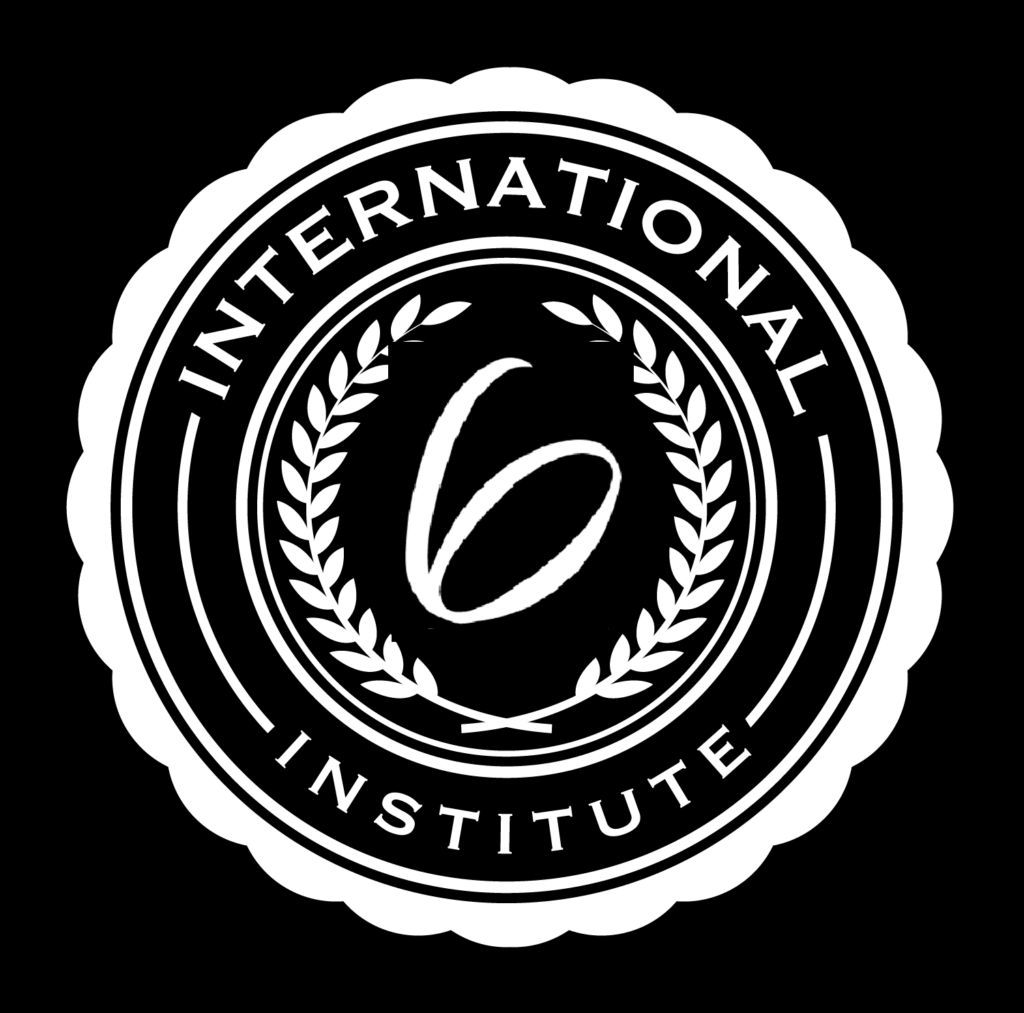

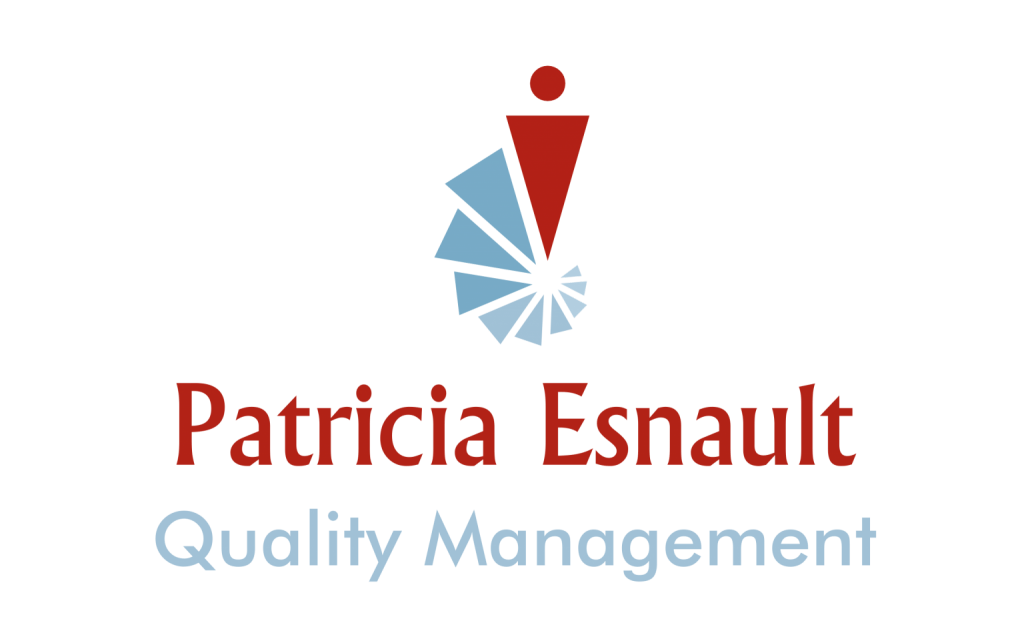











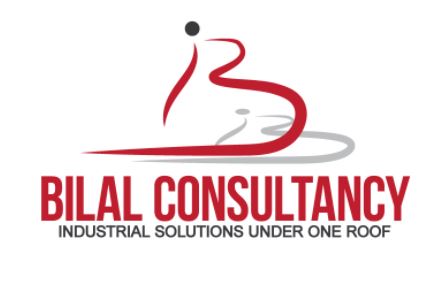
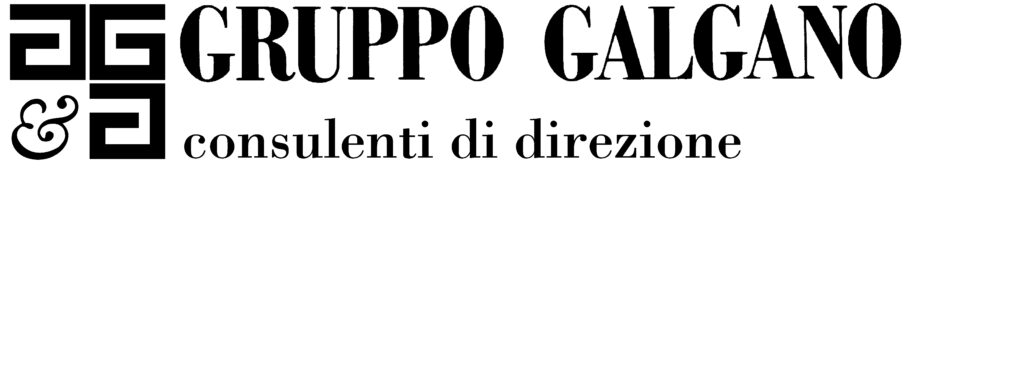




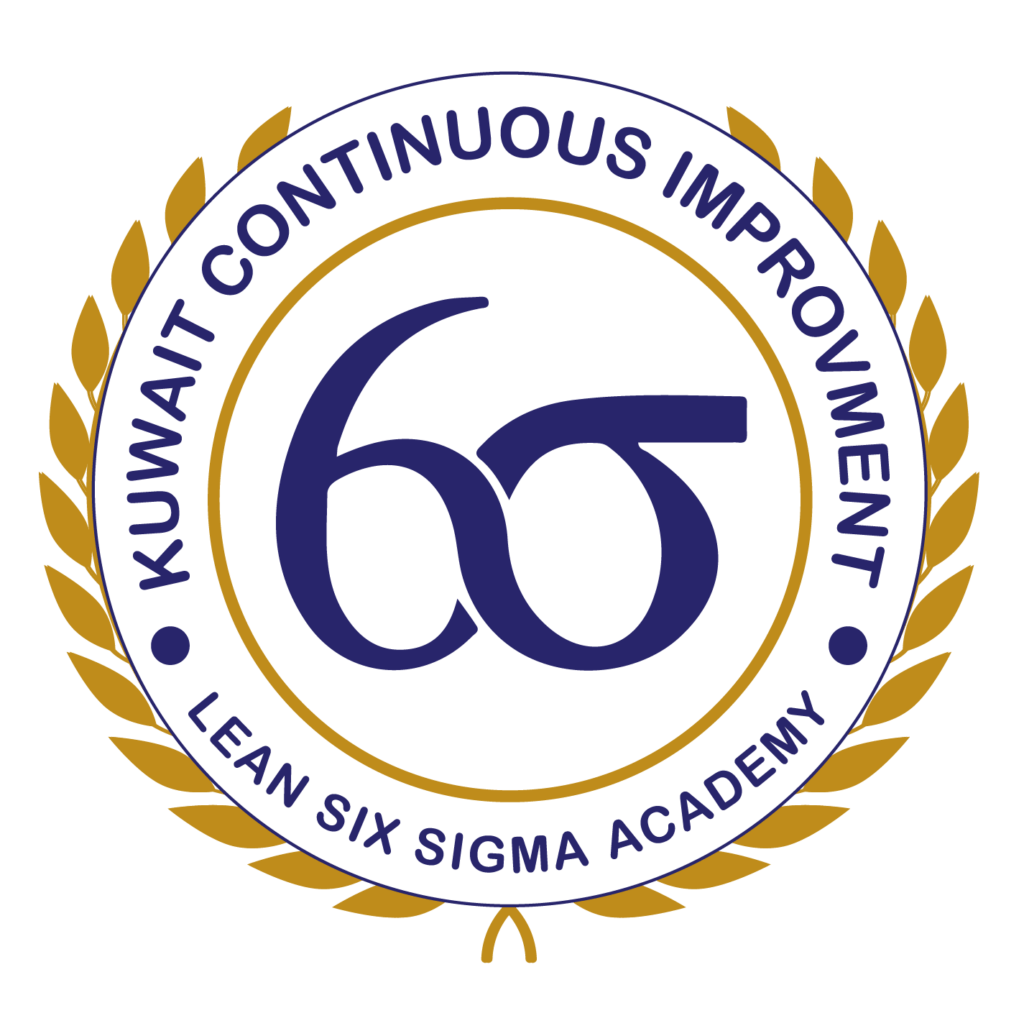



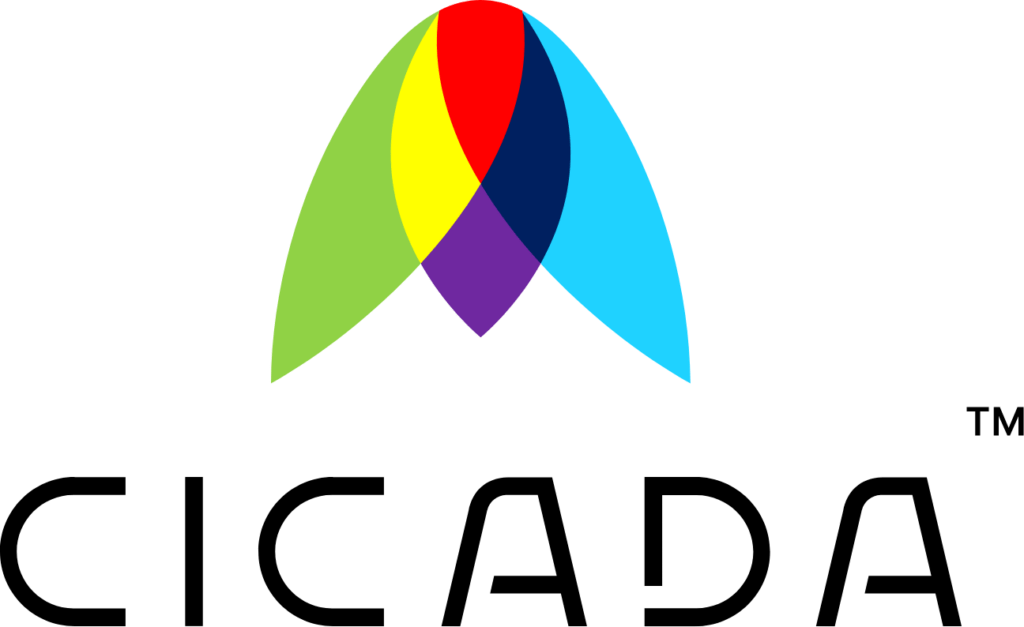
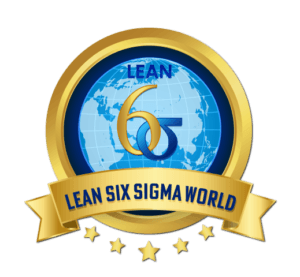
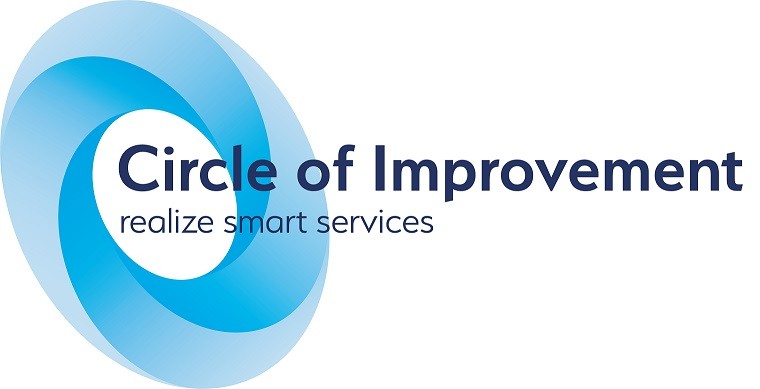



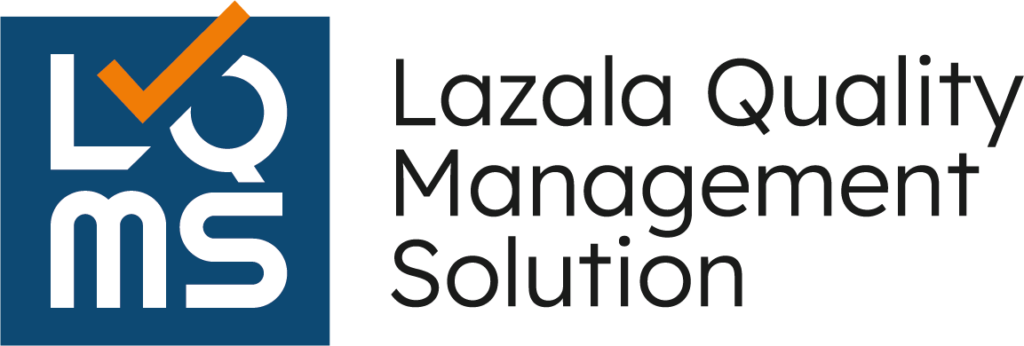

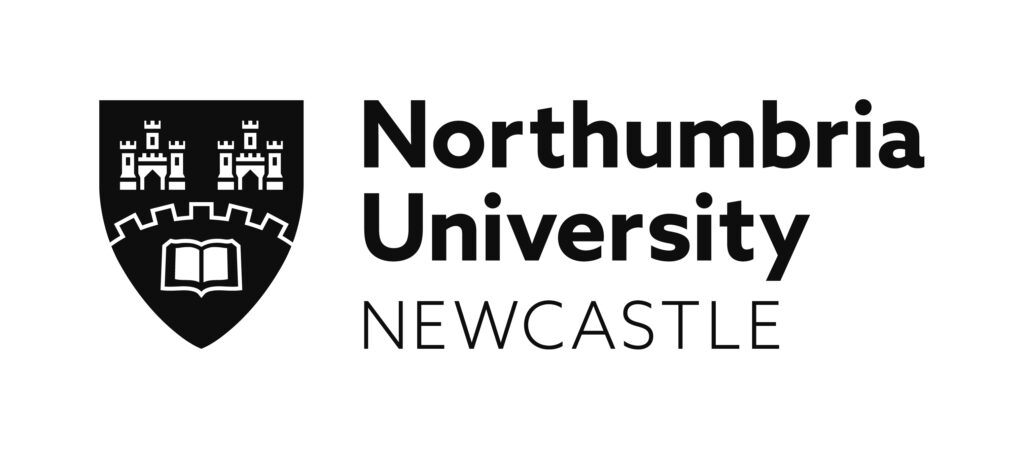


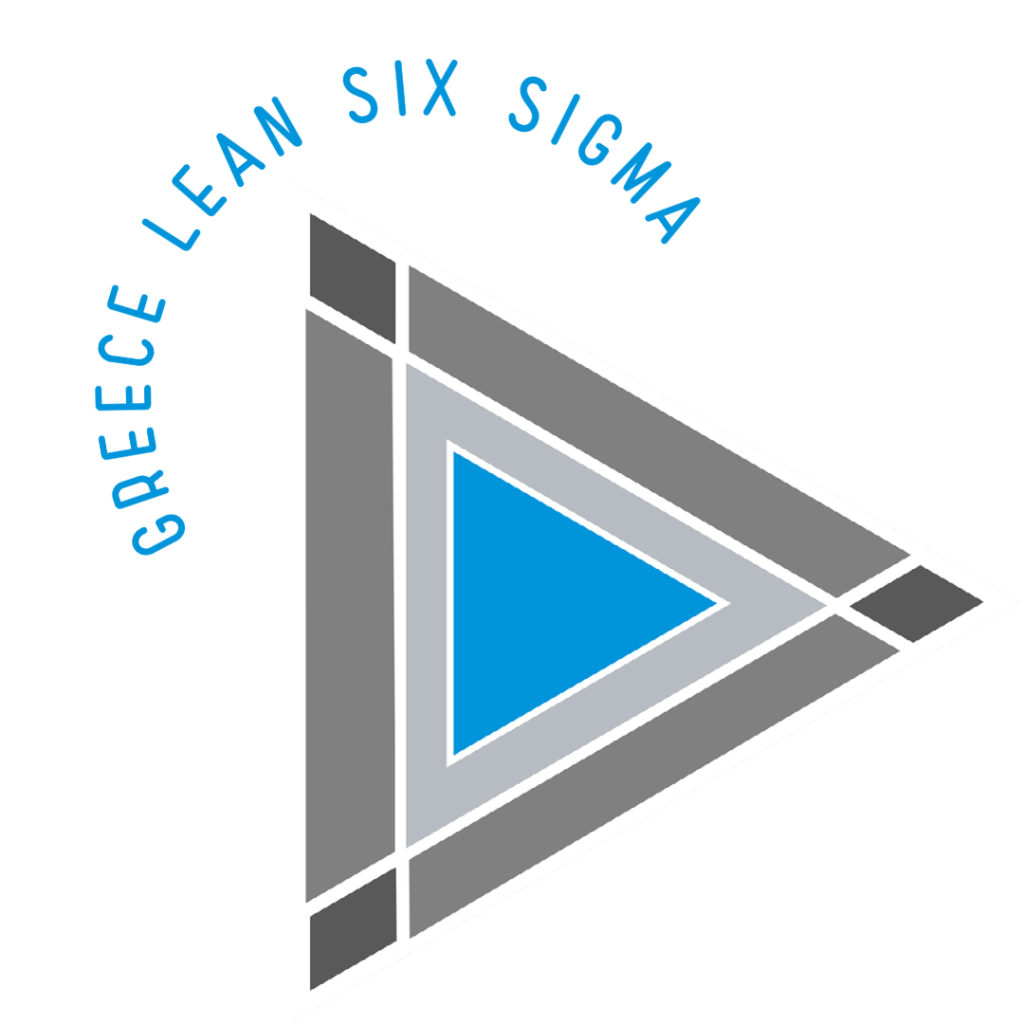
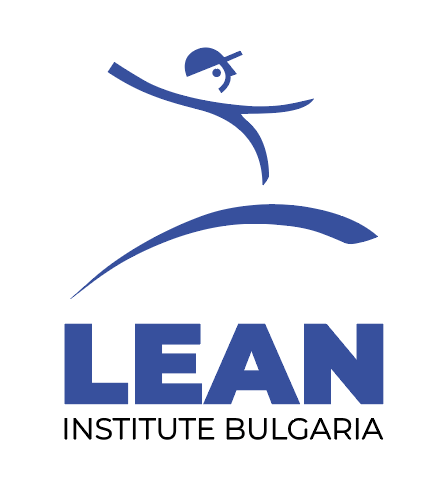


![UCOURSE.ORG [UCOURSE Academy] was established in Hong Kong in 2019 (company name: UCOURSE LTD), dedicated to providing high-quality online courses and courses for Chinese people in China, Hong Kong, and even all over the world. UCOURSE.ORG 【优思学院】于2019年成立于香港(公司名称:优思学院有限公司 / UCOURSE LTD),致力于为中国、香港、以至身处于全球各地的中国人提供优质的线上课程和考试认证,促进全国的人材培育、个人的职业发展,让学员在事业上事半功倍,同时助力国家的未来的急促发展。](https://ilssi.org/wp-content/uploads/2021/02/ucourse-logo-250.png)

